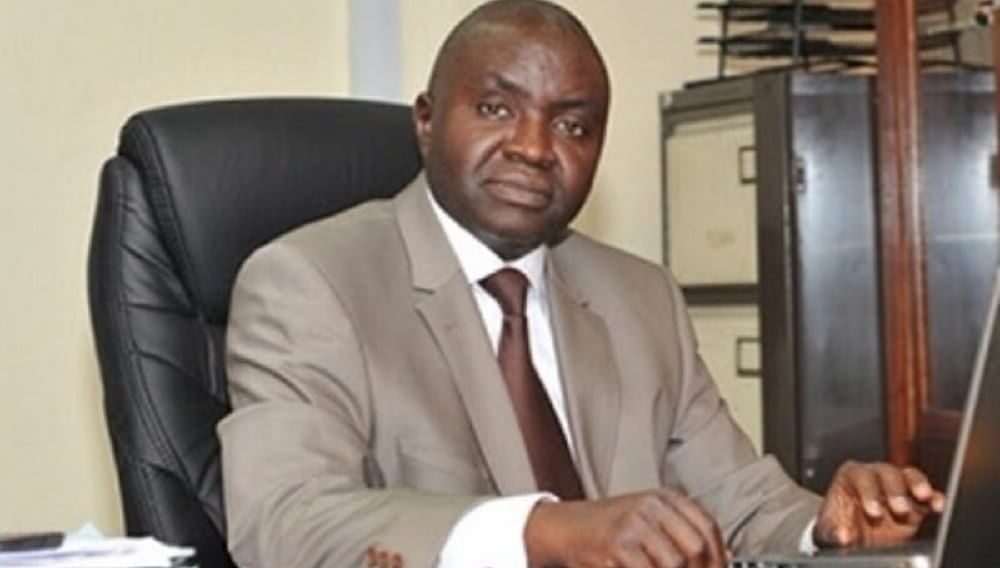Economic Reforms Responsible For Slow Growth Of Nigeria’s GDP—Yusuf
Muda Yusuf, the Chief Executive Officer of the Centre for Promotion of Private Enterprise has projected an increase in the Gross Domestic Product (GDP) from the 2.51 per cent recorded in the second quarter (Q2) of 2023.
The growth, according to the National Bureau of Statistics fell on a year-on-year basis from 3.54 per cent in Q2 2022, but improved marginally by 0.20 percent from the 2.31 per cent recorded in the first quarter of 2023.
Advertisement
Yusuf said although the Q2 GDP growth fell short of the sub-Sahara projected average of 3.1 per cent for 2023, it is bettez than projections for the Euro Zone of 1 per cent and the United States of 1.8 per cent.
According to a communique made available to THE WHISTLER on Sunday, Yusuf decried that the adverse impacts of the reforms were disproportionately higher than expected.
He said, “The GDP growth in real terms improved marginally by 20 bases points from 2.31 percent in the first quarter of 2023 to 2.51 per cent in the second quarter.
“However, it slowed when compared to the second quarter of 2022 which was 3.54 per cent. The economy slowed amid shocks from current economic reforms which impacted energy prices and the naira exchange rate.
Advertisement
“But a rebound of the economy is expected in the medium to long term as current distortions in the economy are corrected.”
He also revealed that the dominance of the non-oil sector was underscored by the report.
Yusuf said, “Although there is an immediate positive outcome which is the marked improvement in the fiscal space of governments at all levels, the dominance of the non-oil sector was underscored by the report.”
He noted that the structure of the economy continued to reflect its vulnerabilities, especially the challenges of productivity and competitiveness of the real economy.
According to him, the Nigerian economy is still going through corrective reforms to remove some fundamental distortions and restore the economy back to the path of recovery and growth. It added that implementing the reforms is an arduous task.
Advertisement
He, however, urged the Federal Government to deal with the issues of insecurity, spending priorities, corruption, productivity and competitiveness, regulatory environment, and macroeconomic stability which are all paramount to rebuilding the momentum of economic growth and development



